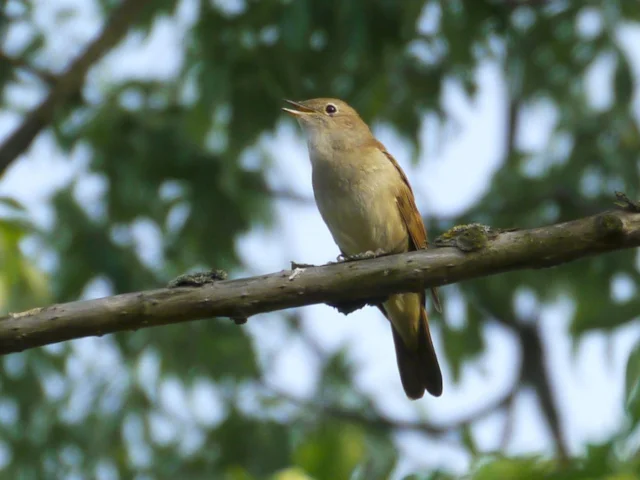RSPB warns against government plans for biodiversity offsetting
01abec99-22fe-4b1d-aadc-afc23dde83e3

The RSPB has warned that biodiversity offsetting could harm threatened wildlife and become a ‘licence to trash’, if it is done wrong.
Biodiversity offsetting is a principle that allows developers to recreate natural habitat elsewhere when it is lost to development. DEFRA has launched a consultation looking at proposals to implement it more widely across England.
Mike Clarke, chief executive of the RSPB, said: “Offsetting can be a useful tool for compensating harm to wildlife when all other options have been exhausted, but it is very difficult to get it right, and it is much safer to maintain wildlife habitats where they are. We welcome a debate on how we can create housing and jobs while protecting the environment, and we have had some good open discussions on offsetting with government so far, but there is a real danger that offsetting could simply amount to a licence to trash.
“Experience from around the world shows that offsetting is very difficult and dangerous, and if you do it wrong, it will lead to increased losses of wildlife. For example there’s a wealth of evidence that in the United States, where they have had an offsetting system in place for more than 20 years, supposed replacement habitats regularly fail to restore lost wildlife.
“Offsetting is sometimes a necessity, but it must be a last resort. If government want to get this right, they will have to listen very carefully to the conservation community and heed our warnings. They will also need to ensure that planning authorities have the expertise to assess proposals for offsetting, otherwise it will go horribly wrong for wildlife.”
The RSPB has urged the government to meet five key tests when developing biodiversity offsetting:
• Biodiversity offsetting is always to be a last resort.
• The requirement to offset unavoidable harm is mandatory.
• Local authorities have the necessary expertise to decide whether offsetting is appropriate.
• Habitat recreation always takes place as locally as possible.
• Irreplaceable habitats such as ancient woodland and limestone pavement cannot be offset.
Click here to read DEFRA’s announcement on biodiversity offsetting.
Biodiversity offsetting is a principle that allows developers to recreate natural habitat elsewhere when it is lost to development. DEFRA has launched a consultation looking at proposals to implement it more widely across England.
Mike Clarke, chief executive of the RSPB, said: “Offsetting can be a useful tool for compensating harm to wildlife when all other options have been exhausted, but it is very difficult to get it right, and it is much safer to maintain wildlife habitats where they are. We welcome a debate on how we can create housing and jobs while protecting the environment, and we have had some good open discussions on offsetting with government so far, but there is a real danger that offsetting could simply amount to a licence to trash.
“Experience from around the world shows that offsetting is very difficult and dangerous, and if you do it wrong, it will lead to increased losses of wildlife. For example there’s a wealth of evidence that in the United States, where they have had an offsetting system in place for more than 20 years, supposed replacement habitats regularly fail to restore lost wildlife.
“Offsetting is sometimes a necessity, but it must be a last resort. If government want to get this right, they will have to listen very carefully to the conservation community and heed our warnings. They will also need to ensure that planning authorities have the expertise to assess proposals for offsetting, otherwise it will go horribly wrong for wildlife.”
The RSPB has urged the government to meet five key tests when developing biodiversity offsetting:
• Biodiversity offsetting is always to be a last resort.
• The requirement to offset unavoidable harm is mandatory.
• Local authorities have the necessary expertise to decide whether offsetting is appropriate.
• Habitat recreation always takes place as locally as possible.
• Irreplaceable habitats such as ancient woodland and limestone pavement cannot be offset.
Click here to read DEFRA’s announcement on biodiversity offsetting.

